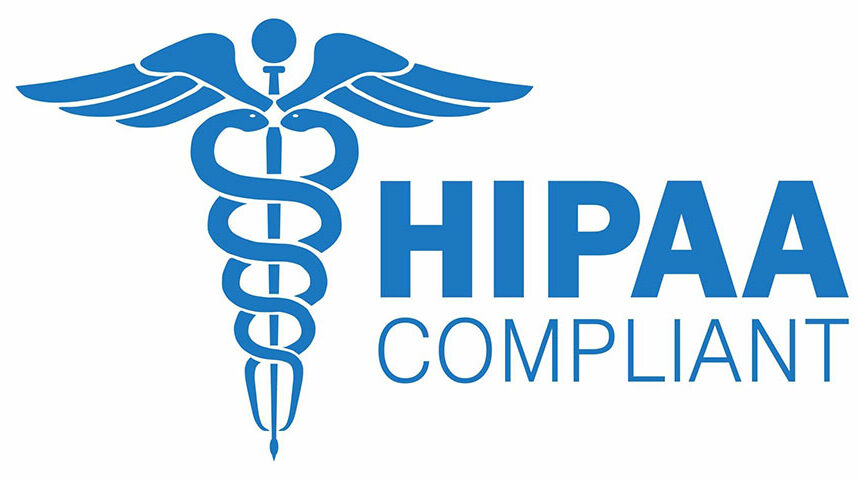Our Proven Patient-First Marketing Approach For Healthcare
Patient-Focused Results
Trust The Experts in Healthcare Marketing
Starting our journey as Points Group, our agency has offered full-service marketing to healthcare practices of all sizes since 2008. We have crafted brands, developed websites and launched strategic mutli-channel marketing campaigns for New Jersey’s leading healthcare providers and beyond.
Our patient-first approach reflects the mission and vision of the healthcare organizations we serve. By bringing together an integrative marketing strategy, we help the right patients find their way to you.
0+
Healthcare Websites Launched
0+
New Healthcare Brands Developed
0M
Annual Client Website Sessions
Explore our case studies to see how our digital and creative solutions helped elevate brands to all new heights.
Increase Patient Volume
With A Better Patient Experience
Healthcare Sectors We’ve Worked With:
Anesthesiology
Bariatric Surgery
Cardiology
Dermatology
Diagnostics
Medial Devices & Supplies
Neurology
Oncology
Orthopedics
Pain Management
Plastic Surgery
Reproductive Health
Thoracic Surgery
Urology
…and so much more
Reaching Digital Healthcare Standards

Every digital solution we develop can meet any industry regulation or security standard needed for your practice.
- We’ve partnered with leading website accessibility solutions to ensure your new website can meet the latest WCAG regulations and standards.
- We offer HIPAA-Compliant form and database solutions for businesses that need extra encryptions and security measures.

Our Collaborative Process
No two healthcare organizations are exactly alike. With over 20 years of experience in healthcare and medical marketing, we have formed a tried and true process to ensure effective results in an efficient manner across all your marketing channels. Before we spend a single dollar on paid digital ads, we ensure your brand message is strong with a marketing infrastructure built to grow. Your dedicated account manager will guide you through this process each step of the way — while our other team members tackle your project from every angle.
- Discovery & Prep: Our discovery process will uncover your healthcare business goals, target market, desired deadlines and detailed technological specifications to ensure we provide an accurate project plan from the very beginning.
- Strategize & Plan: We craft a fully integrated marketing strategy based on your goals and needs. This marketing plan includes phases of project completion, with regular collaborative checkpoints for your feedback.
- Creative & Digital Development: Whether we are updating your marketing infrastructure or launching a new marketing campaign, our team of digital marketers, designers, content writers and developers will finalize every piece of the puzzle for launch.
- Launch & Monitoring: We regularly review marketing analytics with you to ensure goals are being met and strategies are being adjusted accordingly.
Is Your Practice Visible Online?
If your healthcare practice isn’t reaching the first page of search results, your patients will choose the competitors that are. The patient experience often starts with search results at any given moment of need. If you’re ready to start competing, contact us today.








